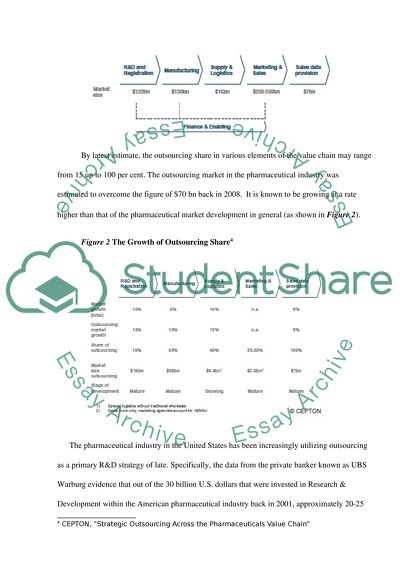Cite this document
(“The Overview of Pharmaceutical Outsourcing Market Research Paper”, n.d.)
The Overview of Pharmaceutical Outsourcing Market Research Paper. Retrieved from https://studentshare.org/health-sciences-medicine/1441922-pharmacutical-industry-issues
The Overview of Pharmaceutical Outsourcing Market Research Paper. Retrieved from https://studentshare.org/health-sciences-medicine/1441922-pharmacutical-industry-issues
(The Overview of Pharmaceutical Outsourcing Market Research Paper)
The Overview of Pharmaceutical Outsourcing Market Research Paper. https://studentshare.org/health-sciences-medicine/1441922-pharmacutical-industry-issues.
The Overview of Pharmaceutical Outsourcing Market Research Paper. https://studentshare.org/health-sciences-medicine/1441922-pharmacutical-industry-issues.
“The Overview of Pharmaceutical Outsourcing Market Research Paper”, n.d. https://studentshare.org/health-sciences-medicine/1441922-pharmacutical-industry-issues.


